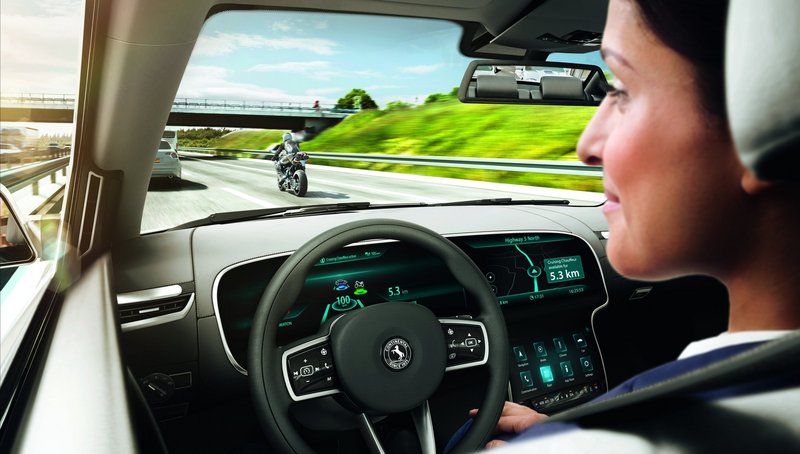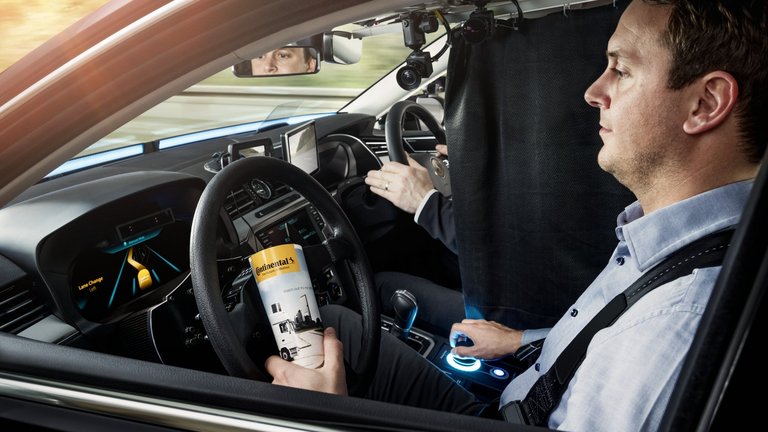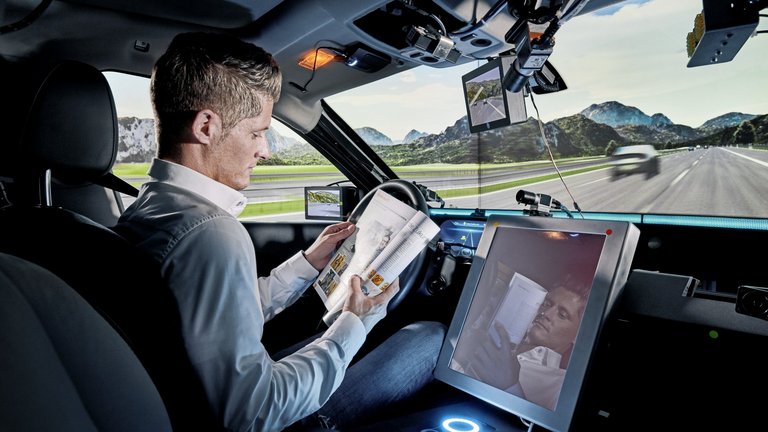Continental Counting on Positive Decision on Automated Driving from Germany’s Bundesrat
- Foundations set to be laid on May 12 for amendments to the German Road Traffic Act
- Continental working toward the introduction of highly automated driving in 2020
- Electronics development for dialog between driver and vehicle running at full throttle
Hanover, May 11, 2017. Technology company Continental is eagerly awaiting tomorrow’s decision by the Bundesrat regarding changes to the German Road Traffic Act. This will make Germany one of the first countries in the world to obtain a legal framework for the introduction of highly and fully automated vehicles. “Further technological development depends on a modern legal framework,” explains Kurt Lehmann, Corporate Technology Officer (CTO) at Continental, making a plea for internationally balanced regulations.
Role change in the vehicle – from driver to observer at the touch of a button
33 years after the first electronic brake system was introduced, this change in legislation would be a massive step, allowing drivers of automated vehicles to simply let go of the steering wheel and legally undertake other tasks. This requires the development not only of high-performance electronics, but also of a smooth dialog between the vehicle and the driver. “As developments currently stand, the driver’s change of role is a considerable challenge,” explains Dr. Karsten Michels, who heads System and Advanced Development in the Interior division at Continental. Up to now, drivers have been occupied solely with the task of driving; now, however, they will become users and observers in the cockpit. With automated driving, it must also be ensured that everyone knows exactly who is responsible for what and when. Otherwise, misunderstandings in cases of doubt could end in tragedy. “As long as a vehicle is not completely autonomous and a human has to be able to take control at any given point, it should be ensured that this can actually take place,” explains Guido Meier-Arendt, a leading Continental expert in the dialog between drivers and cars. Continental is currently testing suitable solutions for series production in live road conditions in countries including Japan, the U.S.A. and Germany.
Continental is developing and producing the necessary components and systems for automated driving worldwide – in the U.S.A. as well as in Japan, China and Europe. The engineers involved are working on six important building blocks to make this a reality: sensor technology, cluster connectivity, human–machine dialog, system architecture, reliability and the acceptance of automated driving.


